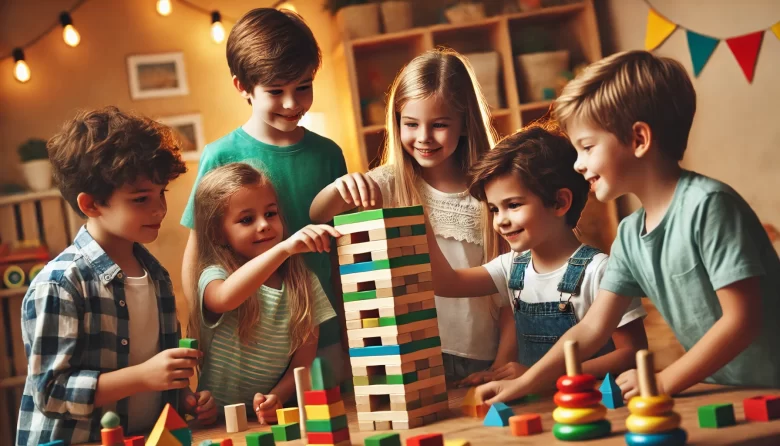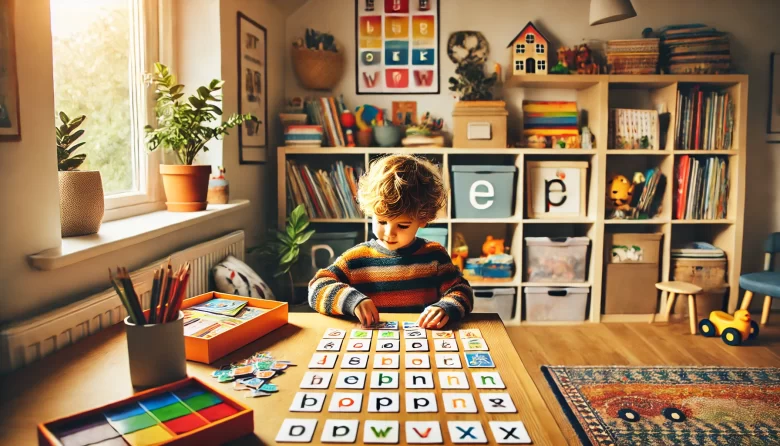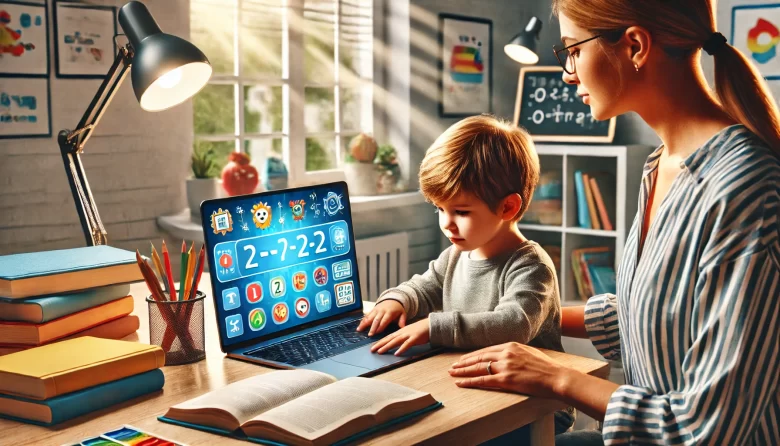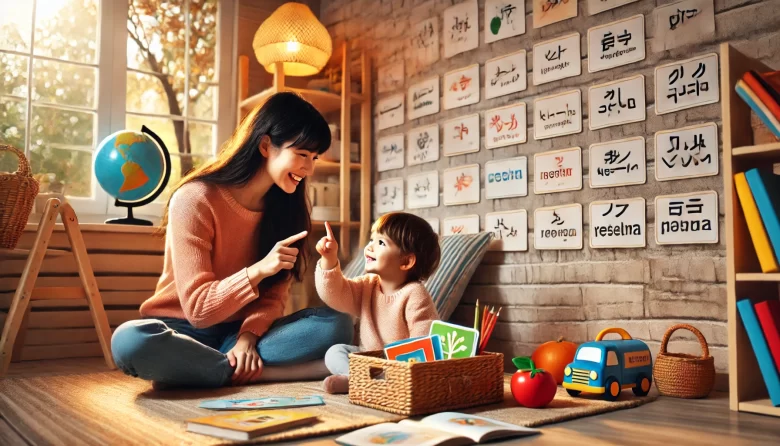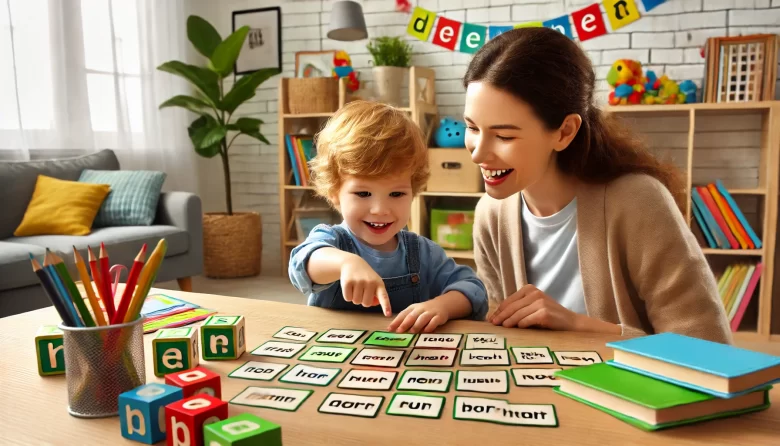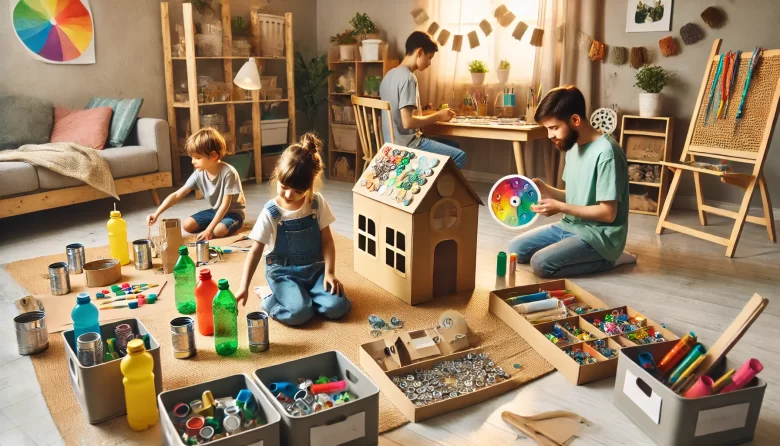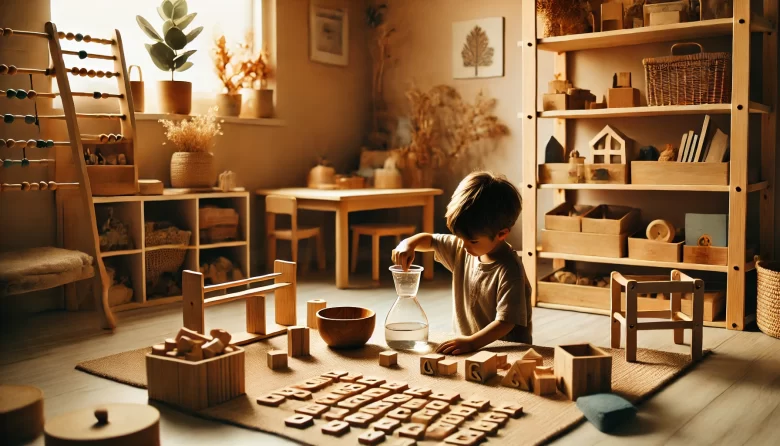Cooperation and teamwork are essential life skills that help children develop healthy relationships, solve problems effectively, and work towards common goals. Learning to collaborate with others teaches patience, empathy, and communication—skills that are crucial not only in childhood but also in adulthood. In this article, we’ll explore the importance of teamwork, practical ways to encourage …
Early literacy development is crucial for building strong reading and writing skills. While traditional teaching methods are effective, incorporating games into learning makes the process more engaging and enjoyable for young children. Play-based learning helps children recognize letters, develop phonemic awareness, and build confidence in their language abilities. In this article, we’ll explore the importance …
Technology has transformed education, offering digital resources that enhance traditional learning. When used effectively, digital tools can reinforce classroom lessons, provide personalized learning experiences, and encourage active engagement at home. But how can parents and educators balance technology and face-to-face learning without overwhelming children with screens? In this comprehensive guide, we’ll cover: ✅ The benefits …
Play is often seen as a fun activity, but for children, it’s so much more than that—it’s a vital part of their emotional and social development. Through play, children learn to navigate their feelings, build relationships, and understand the world around them. Whether it’s through imaginative play, structured games, or social interactions with peers, play …
Introducing a second language at an early age can provide lifelong benefits. Young children have a natural ability to absorb languages quickly, making early childhood an ideal time for bilingual learning. Whether you’re raising a bilingual child or simply want to introduce a new language, the key is to make learning fun, immersive, and part …
Tantrums and frustrations are a normal part of childhood as children learn to navigate their emotions and the world around them. While outbursts can be challenging for parents, they are opportunities to teach children self-regulation and emotional intelligence. The key is to handle these situations with patience, understanding, and effective strategies that help children manage …
A strong vocabulary is essential for communication, reading comprehension, and overall academic success. The more words a child knows, the easier it is for them to express ideas, understand new concepts, and engage in meaningful conversations. The good news? Expanding vocabulary doesn’t have to be boring! By turning learning into a playful experience, children naturally …
Educational crafts made from recyclable materials are a fantastic way to teach children creativity, problem-solving, and sustainability. By turning household waste into fun, hands-on learning projects, kids develop essential skills while learning the importance of reusing materials. However, to make the most of these activities, it’s essential to have a well-organized routine. A structured approach …
One of the greatest gifts parents can give their children is the ability to be independent. Encouraging independence from an early age helps children develop confidence, problem-solving skills, and a sense of responsibility. While it may be tempting to do everything for them, allowing children to take on small tasks empowers them to become capable …
The Montessori method is a child-centered educational approach that emphasizes independence, hands-on learning, and a prepared environment. Created by Dr. Maria Montessori, this method has been used in schools worldwide, but it can also be adapted for home education. By integrating Montessori principles into your daily routine, you can foster your child’s natural curiosity, encourage …

